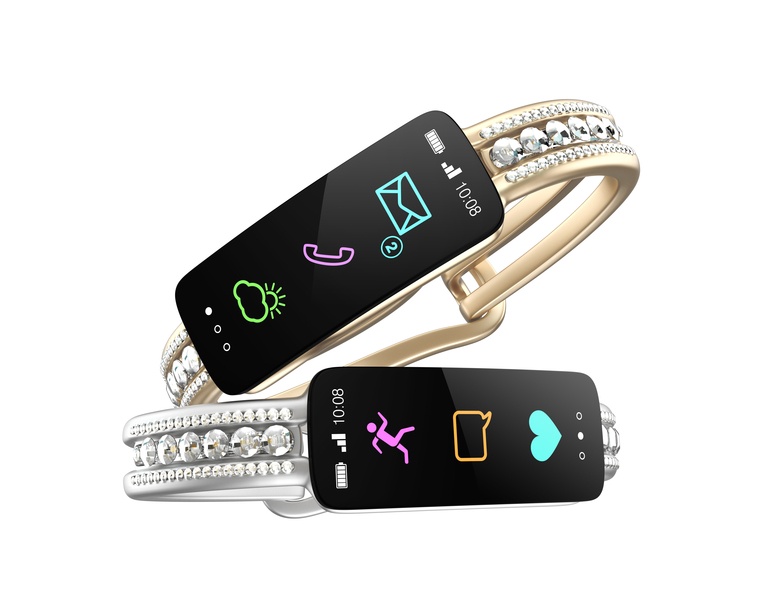Yes, people still love each other. But no, the old ways of showing it don’t hold true anymore, which is becoming a serious problem for those in the jewelry industry. What to do? Turn to anthropology.
As I explain in my blog for Luxury Daily, shifting social conventions have caused many consumers, especially millennials, to no longer feel that it’s necessary to marry their significant other. This is turn has impacted many high-end businesses, most critically the luxury jewelry industry.
At Simon Associates Management Consultants, we use the tools and methods of anthropology to help organizations see their businesses with fresh eyes and then adjust their company culture so they can grow and thrive in changing times. To help jewelers adapt to the new ways people are expressing love and commitment, we recently met with several of them from across the United States to discuss strategy.
As we discovered in our sessions, many of them had built their businesses around weddings, with a particular concentration on diamond engagement rings. These sales have fallen year after year, forcing them to now shift their focus. But how and to what?
Not your mom and dad’s love-and-marriage scenario
There is no shortage of changes battering the jewelry industry, namely:
1. Technology
“Smart jewelry” is the hot new thing, disrupting the traditional retail model through digital and mobile integrations.
2. Demographics
Today, weddings are just not taking place as they did in the past, and marriage is not the be-all, end-all that it used to be. As evidence, in 2012, 78 percent of men and 67 percent of women had not married by age 25. Less than 50 years ago, it was the reverse: by the age of 25, only 28 percent of men and 13 percent of women had not married.
3. Sharing economy
Because of limited job prospects, massive student debt and decreased social pressure to marry, it’s no wonder that many young people are putting off marriage or living with each other instead.
4. Retail shopping for luxury goods has given way to online
For luxury jewelers, the shift to online shopping has been a big blow. Gone are the days when couples came into their stores to benefit from the expertise of the jeweler and enjoy the experience of buying something of great value in a beautiful setting. Now, they go online to find, price-compare and in many case, purchase their jewelry.
The key to connecting with today’s jewelry buyers is to reach them in fresh, innovative ways
What we told our jeweler clients holds true for anyone in a shifting business climate: Change calls for agility, innovative thinking, forging more mutually beneficial relationships with manufacturers, and shifting one’s attitude towards the consumer.
Today’s buyers want fast, personalized solutions, delivered through channels that suit their lifestyles, from transportation to groceries to diamond rings. The entire luxury jewelry industry needs to realize that the way forward is to adapt and change, again and again. Find out what today’s consumers want (and don’t want), and how and when they want it, and then get busy crafting innovative, proprietary ways to give it to them.
Because, as I say in my article, to stand still is to go irrevocably backward.
Learn more about how anthropology can help turn around industries in decline
You can read another of my articles on how we have helped jewelers re-think and change the way they approach their business by clicking here.
Ready to give “a little anthropology” a try?
By using anthropology to help organizations respond to the changes taking place all around them, we help them better understand how to adapt their business models, competitive positions and their company culture so they can thrive, just just survive. Read more about our anthropological approach to business change on our website here.
Want to learn more about Corporate Anthropology?
Subscribe to our blog: Business Change Management
From Observation to Innovation,
Andi Simon
Corporate Anthropologist | President
Simon Associates Management Consultants
@simonandi




